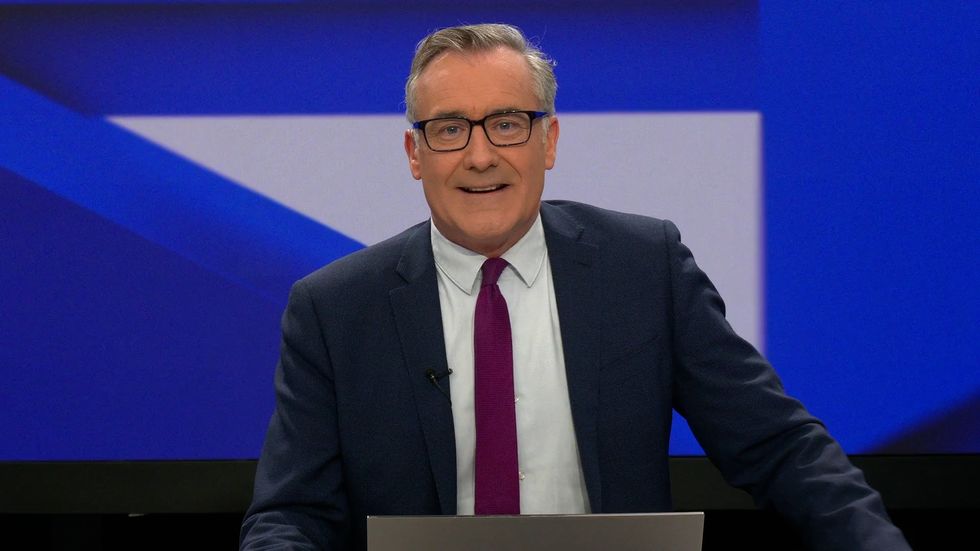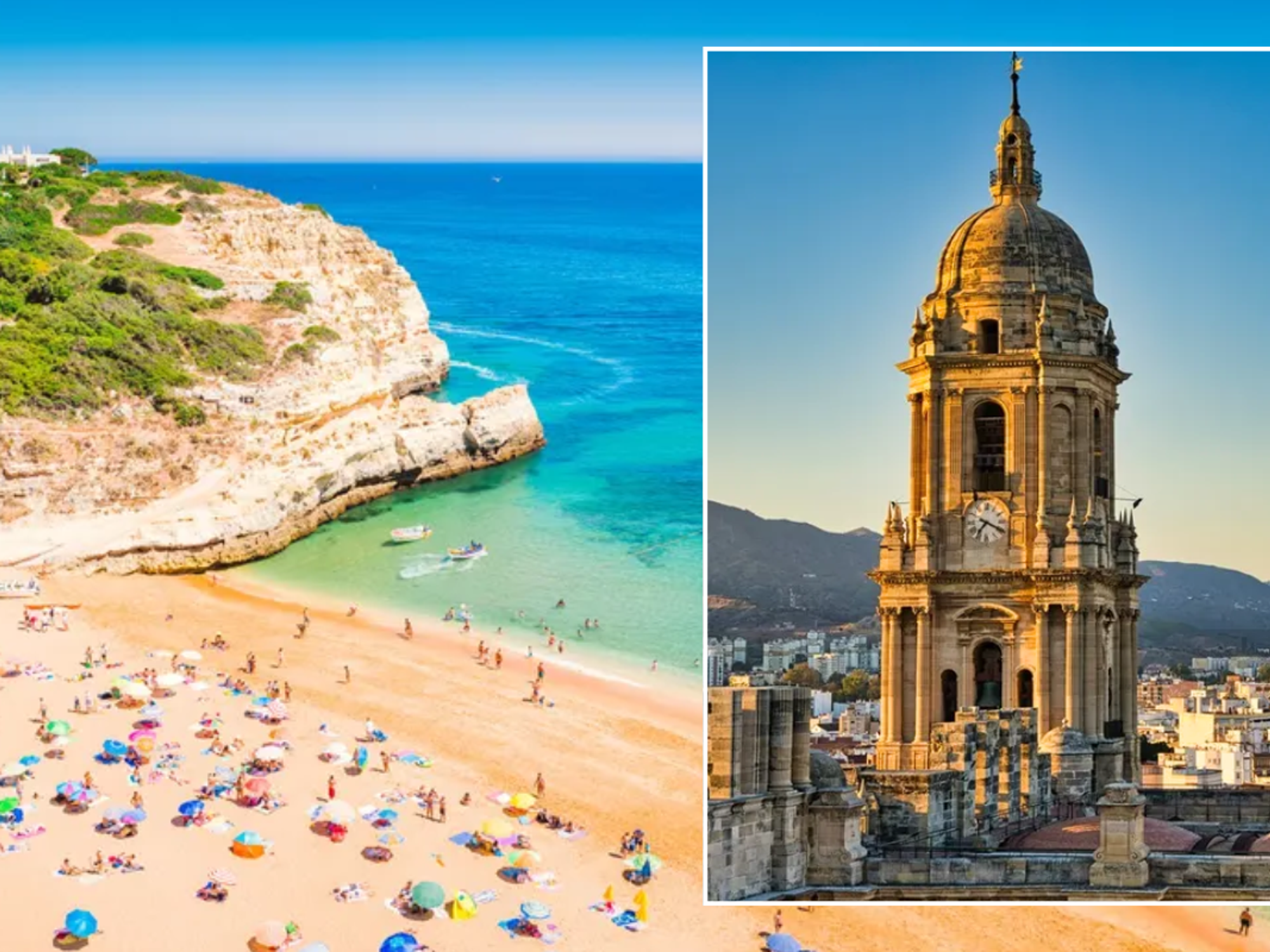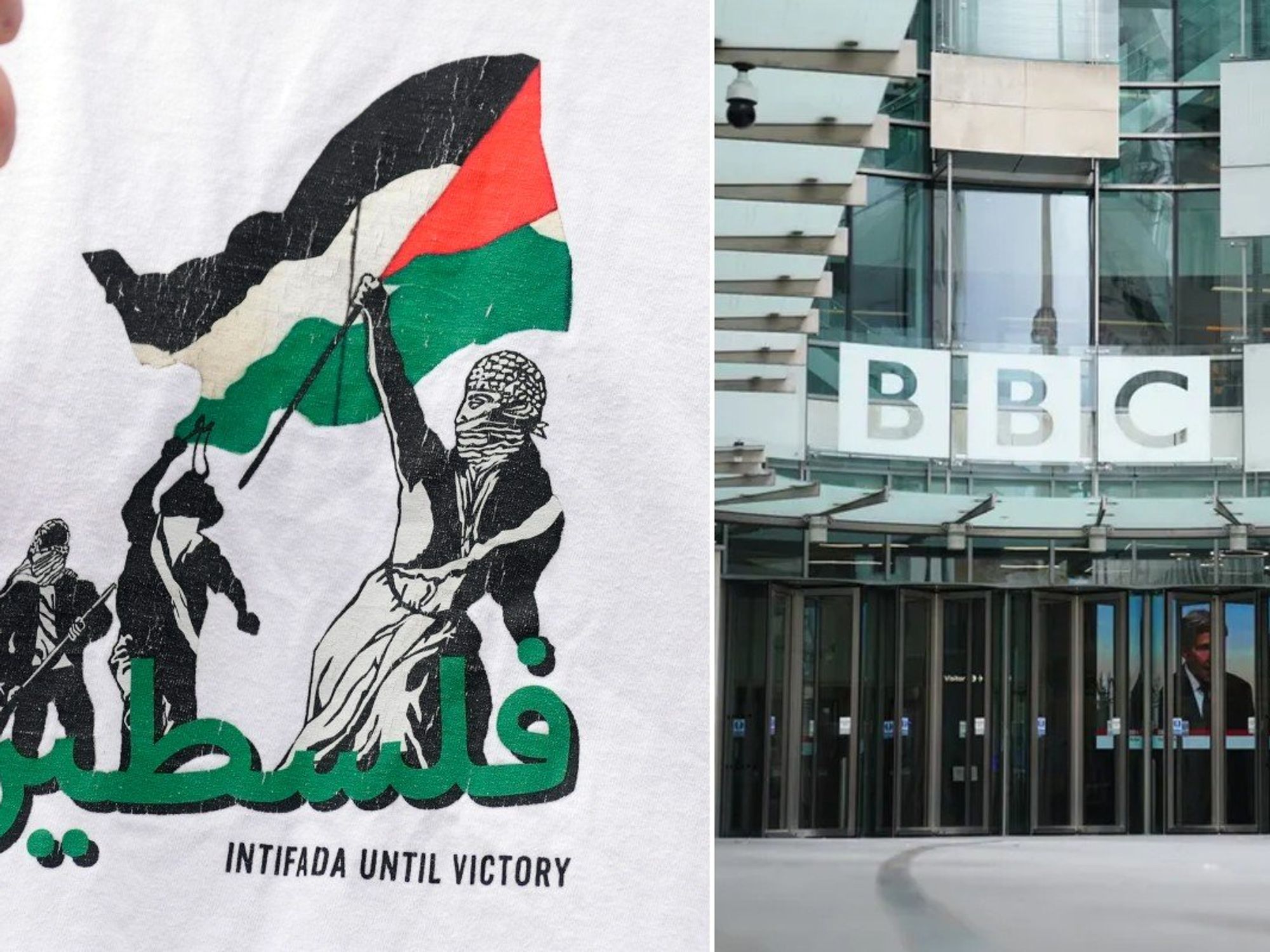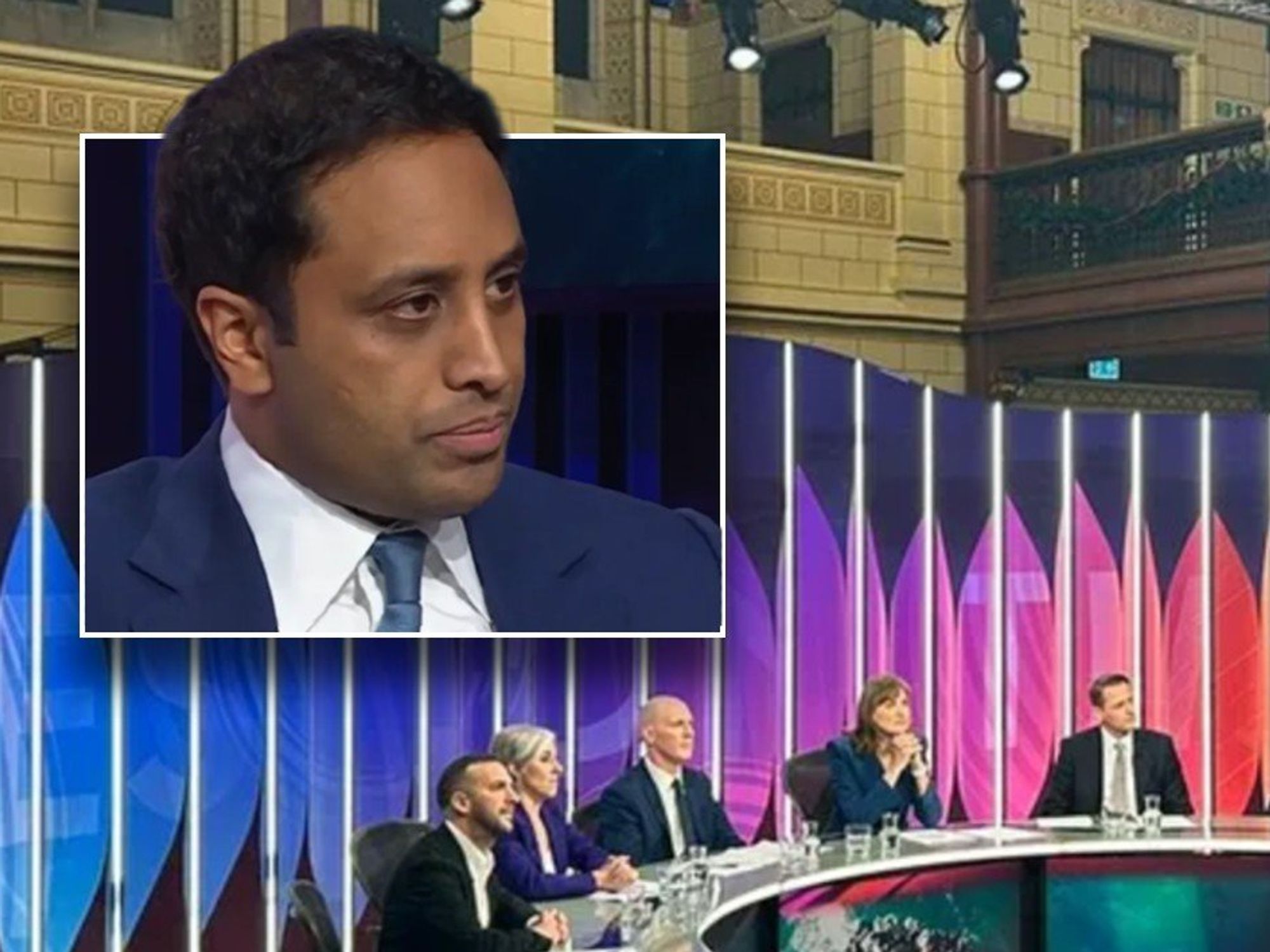After two years of Covid paralysis, this government has taken a major step towards delivering on the promise of Brexit, says Colin Brazier


By Colin Brazier
Published: 14/04/2022
- 16:46Updated: 14/04/2022
- 21:23Today saw the inauguration of a new phase in Britain’s culture wars
Don't Miss
Most Read
Latest
We start with my take today on the Rwanda announcement, and a question. Did you hear it? All over London today. The stamping of little feet. The Twitter tantrums of people who think they really run this country; not the ones you elected, but the campaigners and lobbyists and commentators. They had two reasons to be cross. First, they hate the idea that the public might actually want to control who comes into the country, even if that means putting migrants on a plane to Rwanda. Second, they were driven to distraction by the idea that Boris might be wriggling off the partygate hook.
Exhibit A. Mishal Husain this morning on the BBC radio programme she co-hosts.
She said: “Why should people stick to legal migration routes, when the Prime Minister has acted outside the law?”
Think about that question from our license-fee funded state broadcaster. Was Hussein really asking if a migrant, pondering whether to pay an illegal people smuggler, might now feel emboldened to do so – because laws were broken when parties were held during lockdown at Downing Street? Wow.
The BBC’s obsession with that story was obvious when the PM announced his new Rwanda policy. The Corporation got to ask the first questions after his speech and, sure enough, the BBC didn’t want to get into the DETAIL of this massive departure for British immigration policy. Nope. What did they want to talk about?
Well, there are questions that the BBC isn’t asking about Boris’s bold migrant processing experiment. And here are five of them.
Question One. HOW MANY WILL COME IF NOTHING IS DONE?
The number crossing by boat is roughly tripling every year. We’re now into the tens of thousands, using a method once thought totally impractical. So, I repeat; how many will come if nothing is done? A year ago, the former British foreign secretary William Hague, wrote in the Times that Britain was in total denial about the scale of the migration wave about to hit its shores.
Much of it will be driven by sub-Saharan fertility, where birth-rates defy the usual laws of demographic gravity. So, how many will come if nothing is done? In time - who knows - millions? Maybe.
Question two. HOW MANY MIGRANT LIVES WILL BE SAVED?
Dozens have perished in the Channel in small boats. 27 in one incident last year alone. When the Australians introduced a plan similar to the one announced today – it involved sending migrants to be processed in the Pacific 3000 miles away – the numbers fell dramatically. In 2013, 20,000 migrants arrived by boat in Oz. Two years later none did. If nobody’s travelling, nobody’s drowning.
Question three. WHY DOES THIS POLICY HAVE TO BE SO DRAMATIC?
Why can’t we just figure things out with the French? As a younger journalist I sat in a press conference watching the then
French Interior Minister, one Nicolas Sarkozy, sitting alongside our Home Secretary David Blunkett. They’d found a solution to the migrant crisis. Well, they hadn’t. And the truth is, if the French aren’t willing to co-operate – and they’re often not – it’s down to us – the UK alone – to take control and fix this thing.
Question four. HOW WILL PEOPLE SMUGGLERS TRY AND EVADE OUR NEW TACTIC?
Well, they can no longer expect British ships to act as a taxi service. No, if a migrant now knows that if they are taken under the arm of the British state, they may end up in Rwanda, then they will resort to more clandestine methods.
The days of migrants, relaxed and smiling and giving V for victory signs on British beaches, may be over. Now the game will be to enter Britain without detection. The fact the military is being drafted in may reflect the fact that some young men will need to be restrained. And, by the way, 70 per cent of them are single men under the age of 35.
And finally, question five. WILL THIS POLICY BE THWARTED?
Mr Johnson was elected on a manifesto that made clear a desire to control illegal migration. We’re not alone. The centre-left government of Denmark is also looking at processing asylum applications in central Africa. And the opinion polls show strong support for tough measures here. But, as the PM said in his speech, he was braced for legal challenges. Many of those who condemned him today will never have to live in neighbourhoods where the often messy business of multi-national assimilation takes place. The lawyers and NGOs and commentators, will see this as a moral question.
For them Boris is more than just mistaken about this. In their eyes, being nasty to the huddled masses makes him, not just wrong, but bad. Oh, and you and me too. If we have the temerity to agree with him.
So five key questions, which the BBC, in common with others, don’t want you to think about today. They’d rather keep banging on about Partygate, so they can claim a scalp they believe their journalistic acumen deserves. But make no mistake.
Today saw the inauguration of a new phase in Britain’s culture wars. Priti Patel, in particular, has pulled off the seemingly impossible task of finding what looks like a workable solution to a seemingly insoluble problem.
After two years of covid paralysis, this government has taken a major step towards delivering on the promise of Brexit.
That’s the Brazier Angle.










